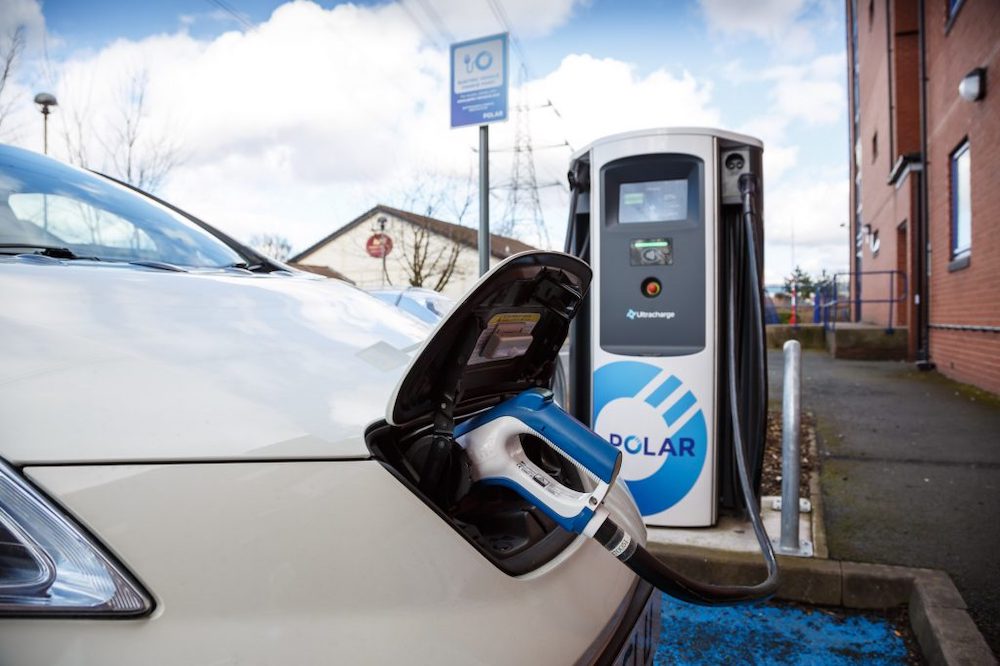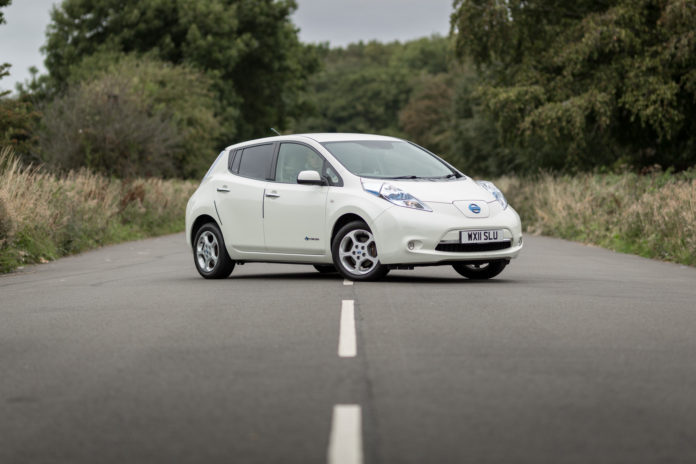As environmental concerns continue to grow, more consumers are seeking ways to reduce their carbon footprint, including making environmentally friendly choices when purchasing new and used cars. Car dealers play a crucial role in guiding consumers towards greener options. This article explores how car dealers can help consumers make environmentally friendly choices with new and used cars, providing insights for both buyers and dealers.
Understanding Environmentally Friendly Cars
- Types of Environmentally Friendly Cars
- Electric Vehicles (EVs): EVs operate fully on electricity, resulting in no tailpipe emissions. They are powered by rechargeable batteries and are known for their efficiency and low environmental impact.
- Hybrid Vehicles: Hybrids combine a traditional gasoline engine with an electric motor, offering improved fuel efficiency and reduced emissions compared to traditional gasoline-powered cars.
- Plug-in Hybrids (PHEVs): PHEVs can be charged via an external power source and run on electric power for short distances before switching to the gasoline engine, providing flexibility and lower emissions.
- Benefits of Environmentally Friendly Cars
- Reduced Emissions: Environmentally friendly cars produce fewer greenhouse gases and pollutants, contributing to cleaner air and a healthier environment.
- Fuel Savings: EVs and hybrids typically offer better fuel economy, leading to significant savings on fuel costs over time.
- Incentives and Rebates: Many governments offer incentives and rebates for purchasing environmentally friendly vehicles, making them more affordable.
The Role of Car Dealers
- Educating Consumers
- Providing Information: Car dealers can educate consumers about the benefits of environmentally friendly cars, including their environmental impact, cost savings, and available incentives.
- Highlighting Features: Dealers should highlight the key features of EVs, hybrids, and PHEVs, such as battery range, charging options, and fuel efficiency.
- Offering a Diverse Inventory
- Stocking Green Vehicles: Dealers should ensure they have a diverse inventory of environmentally friendly cars, including various makes and models to cater to different preferences and budgets.
- Certified Pre-Owned Options: Offering certified pre-owned (CPO) environmentally friendly cars can provide consumers with reliable and affordable green options.
- Facilitating Test Drives
- Experience Matters: Allowing consumers to test drive EVs, hybrids, and PHEVs can help them understand the driving experience and benefits of these vehicles.
- Virtual Test Drives: For added convenience, dealers can offer virtual test drives, providing an immersive experience for consumers who prefer online shopping.
Strategies for Promoting Environmentally Friendly Choices
- Marketing and Outreach
- Targeted Campaigns: Dealers can run targeted marketing campaigns that focus on the benefits of environmentally friendly cars, using social media, email newsletters, and online ads.
- Community Engagement: Participating in community events and environmental initiatives can help dealers build a reputation as advocates for green transportation.
- Incentives and Financing
- Incentive Programs: Dealers can inform consumers about available government incentives, rebates, and tax credits for purchasing environmentally friendly cars.
- Green Financing Options: Offering special financing options for green vehicles, such as lower interest rates or extended loan terms, can make them more accessible to consumers.
- After-Sales Support
- Maintenance and Service: Providing specialized maintenance and service for EVs and hybrids can enhance customer satisfaction and loyalty.
- Charging Infrastructure: Dealers can assist consumers in setting up home charging stations and provide information about public charging networks.

Challenges and Solutions
- Consumer Misconceptions
- Addressing Concerns: Some consumers may have misconceptions about the range, reliability, and cost of environmentally friendly cars. Dealers should address these concerns with accurate information and real-world examples.
- Demonstrating Value: Highlighting the long-term cost savings and environmental benefits can help consumers see the value in choosing green vehicles.
- Infrastructure Limitations
- Charging Availability: Limited charging infrastructure can be a barrier for EV adoption. Dealers can provide information about local charging stations and assist consumers in finding convenient charging solutions.
- Range Anxiety: Educating consumers about the actual range of modern EVs and the availability of fast-charging options can alleviate range anxiety.
- Keeping Up with Technology
- Continuous Learning: Dealers must stay updated on the latest advancements in green vehicle technology to provide accurate and relevant information to consumers.
- Training Programs: Implementing regular training programs for sales staff can ensure they are knowledgeable about the features and benefits of environmentally friendly cars.
Tips for Smart Car Buyers
- Research and Compare
- Evaluate Options: Research different types of environmentally friendly cars, comparing their features, benefits, and costs. Car websites like CarZing, AutoTrader, Kelley Blue Book, and Edmunds can provide valuable insights.
- Read Reviews: Reading reviews from other consumers can help you understand the real-world performance and reliability of different models.
- Consider the Total Cost of Ownership
- Fuel Savings: Calculate potential fuel savings over the life of the vehicle. EVs and hybrids often offer significant savings compared to traditional gasoline cars.
- Maintenance Costs: Consider the maintenance costs of environmentally friendly cars. Electric vehicles generally have lower maintenance expenses because they contain fewer moving components.
- Take Advantage of Incentives
- Government Programs: Look for government incentives, rebates, and tax credits that can reduce the upfront cost of purchasing an environmentally friendly car.
- Dealer Offers: Ask dealers about any special offers or financing options available for green vehicles.
Conclusion
Car dealers play a vital role in helping consumers make environmentally friendly choices with new and used cars. By educating consumers, offering diverse inventory, and providing exceptional service, dealers can promote the adoption of green vehicles and contribute to a more sustainable future.
For consumers, making an environmentally friendly choice involves researching options, considering the total cost of ownership, and taking advantage of available incentives. By working together, car dealers and consumers can drive the transition to greener transportation and make a positive impact on the environment.
In conclusion, the collaboration between car dealers and consumers is essential for promoting environmentally friendly choices in the automotive market. By embracing green vehicles and supporting sustainable practices, we can all contribute to a healthier planet and a brighter future.














